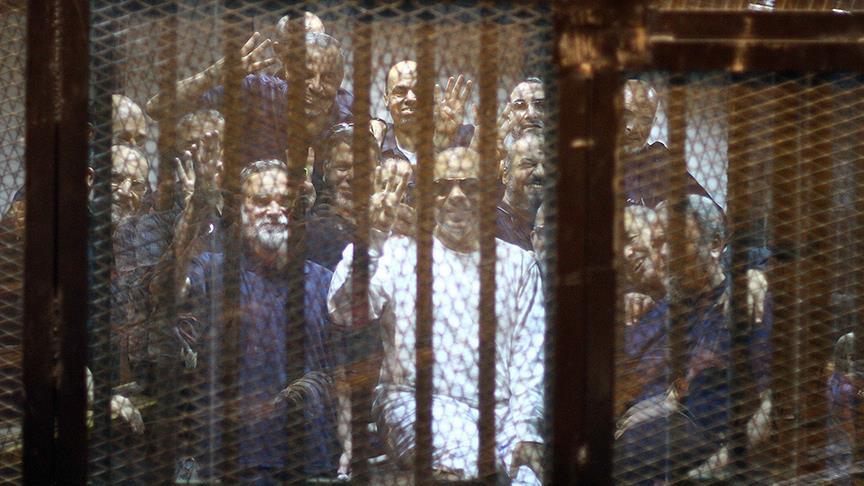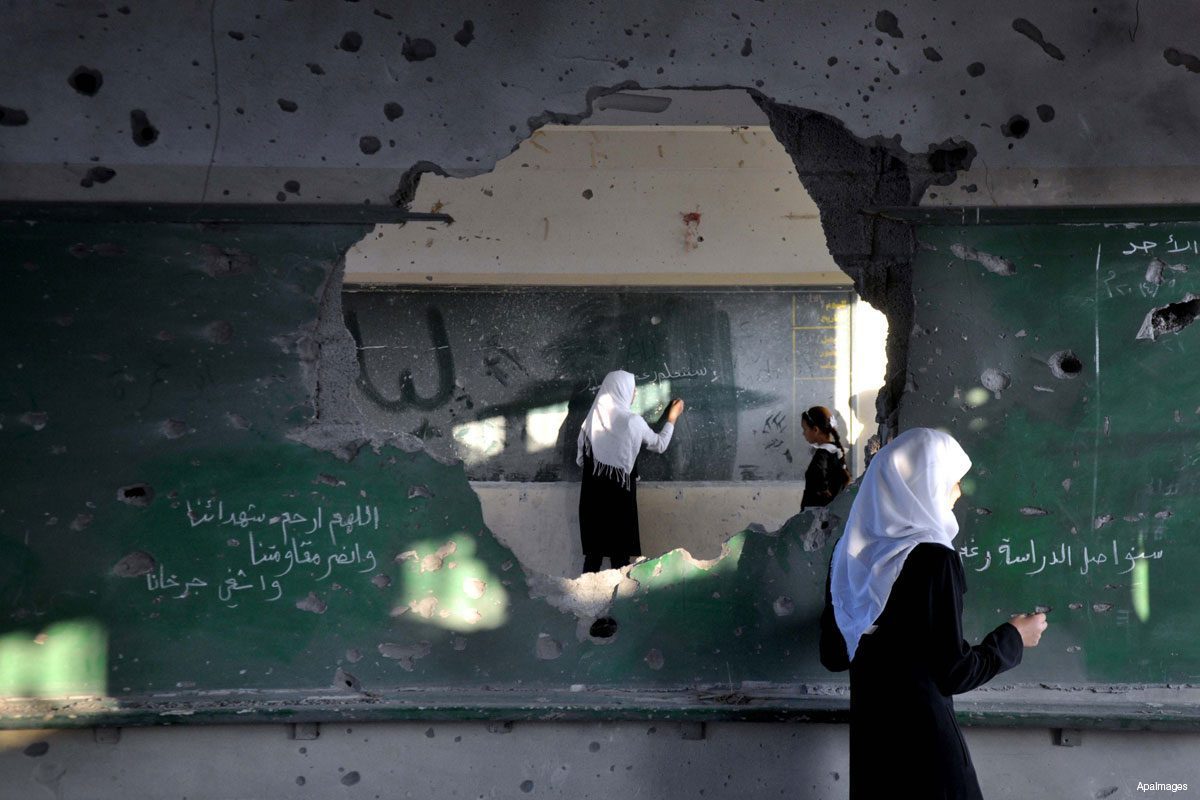
The Palestinian prisoner Bilal Kayed continued his hunger strike for the 39th. consecutive day in protest against being held without charge or trial in Israeli jails after the expiration of his 14.5-year sentence on 15 June, with at least 48 Palestinian prisoners now participating in the open hunger strike in support of hunger-striking prisoners Bilal Kayid and brothers Muhammad and Mahmud al-Balboul, according to a statement released by the Palestinian Committee of Prisoners’ Affairs.
Kayed, a 35-year-old from the Nablus area of the West Bank, launched his strike on June 15, the day he was scheduled to be released from an Israeli prison after more than 14 years behind bars since 2001.
The committee said in a statement that solidarity hunger strikes are continuing to put pressure on the Israeli prison administration and government to comply with the demands of the striking prisoners and to end Israel’s controversial policy of administrative detention — internment without charge or trial based on undisclosed evidence almost exclusively used against Palestinian detainees.
Head of the committee Issa Qaraqe called for a wide-scale action in all Palestinian cities to support the hunger-strikers in the statement, saying that the mission of the hunger-strikers is to assist the Palestinian people by putting an end to Israel’s internationally condemned policy of administrative detention.
Qaraqe stressed that administrative detention violates international laws and humanitarian conventions.
Kayid is currently being treated at Israel’s Barzilai Medical Center in Ashkelon, reportedly in serious condition after his health severely deteriorated last week.
Kayid, a resident of the town of Asira al-Shamaliya in the northern occupied West Bank district of Nablus, was originally detained in 2002 for alleged involvement in the Abu Ali Mustafa Brigades — the armed wing of the PFLP.
Hundreds of PFLP-affiliated prisoners have staged several solidarity mass hunger strikes to demand Kayid’s release, while 33 prisoners announced an open hunger strike in solidarity with Kayid on July 18, and more than a dozen joined over the following days. The latest mass hunger strike was declared alongside an announcement by Palestinian factions that protests would continue to escalate in the coming weeks to demand Kayid’s release.
Meanwhile, brothers Muhammad and Mahmoud al-Balboul, held in Israel’s Ofer prison, declared an open hunger strike earlier this month, and have been on strike for 20 days, joining Kayid and several other Palestinian prisoners on hunger strike in an attempt to hold Israel accountable for its arbitrary arrest and detention of Palestinians.
The brothers were detained on June 9 from Bethlehem, just two months after their 14-year-old sister, Nuran, was detained after attempting to cross Israel’s 300 checkpoint between northern Bethlehem and Jerusalem for allegedly possessing a knife, an accusation that locals denied.
Muhammad, a dentist, was sentenced to six months of administrative detention, while Mahmoud, a Master’s student at al-Quds University, was sentenced to five months.
Nuran was released from prison on July 12 after serving three months in prison.
The three are children of Ahmad al-Balboul, a prominent leader in Fatah’s Al-Aqsa Martyrs Brigades, who was shot dead along with three other Palestinians by undercover Israeli forces in March 2008.
Israel considers the majority of Palestinian political parties to be “terrorist organizations.” As a result, most Palestinians who participate in the political arena in the occupied Palestinian territory risk being imprisoned by Israeli authorities.
According to Palestinians, Israel uses the policy of administrative detention to detain family members of Palestinian political leaders, in an extension of several policies that rights groups have deemed “collective punishment” aimed at disrupting family life for Palestinians in the West Bank and East Jerusalem.
According to prisoners’ rights group Addameer, 7,000 Palestinians were being held by Israel as of May, 715 of which were held in administrative detention.



